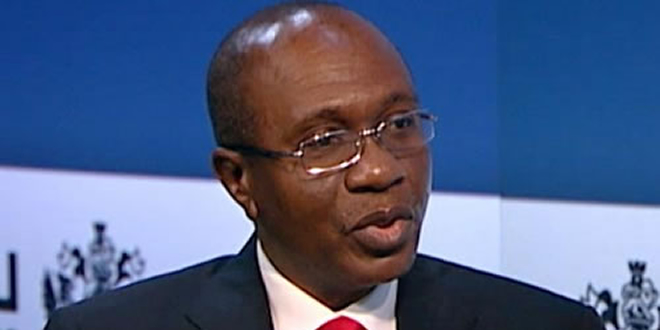By Jeph Ajobaju, Chief Copy Editor
Abuja says the policy of multiple exchange rates for the naira is delivering results and is not in a hurry to tinker with it, a nod to the Central Bank of Nigeria (CBN) which props up the currency against the United States dollar.
The mechanism, fleshed out by Godwin Emefiele in 2015, a year after he became CBN Governor, is unlikely to change anytime soon, as gleaned from the views of Information Minister, Lai Mohammed.
“Right now, the currency is converging naturally at about 360 naira to the dollar. Three years ago, the same … was about 525. I don’t think the Central Bank is in a hurry” to change this, Mohammed told Reuters.
“Inflation is down and the reserves are up. We are in a better position to defend the naira.”
There are at least three different exchange rates to manage pressure on the naira – the official rate of the CBN, interbank rate, and the rate at bureau du change (BDC).
Mohammed said the official rate of 306 to the dollar is working well.
In March, the official market supported by the CBN hovered around 306.90 to the dollar.
The CBN regularly injects dollars into the foreign exchange (forex) market to stabilise the naira.
Currency controls were introduced in 2015 to counter the impact of falling prices for crude oil, which provides 95 per cent of Nigeria’s forex earnings.
Controls restrict access to U.S. dollars, choke off investment, and the International Monetary Fund (IMF) wants Nigeria to scrap the multiple rates.
President Muhammadu Buhari won a second term in office on February 23, in an election fought on the economy, which is recovering from a 2016 recession largely caused by low oil prices.
Emefiele’s tenure ends in June but could be retained for a second five-tenure. A decision on his future is likely to be among the first major announcements in Buhari’s second term.
Mohammed said Emefiele had done a good job, particularly with loans to support sectors such as agriculture. He declined comment when asked whether Buhari will retain him.
Even though the CBN is independent, its head can be reduced to a political appointee who must dance to the tune of Aso Rock and to other pressures not directly linked to effective economic management.
Since the Olusegun Obasanjo years (1999 – 2007), all CBN governors have served one term each.
All the CBN governors in the past two decades are
- Joseph Sanusi (May 29, 1999 – May 29, 2004)
- Charles Soludo (May 29, 2004 – May 29, 2009)
- Sanusi Lamido (June 3, 2009 – February 20, 2014
- Sarah Alade (acting) (February 20, 2014 – June 3,2014)
- Godwin Emefiele (June 3, 2014 to date)
If Buhari retains Emefiele for another five-year tenure, that will buck the trend.













